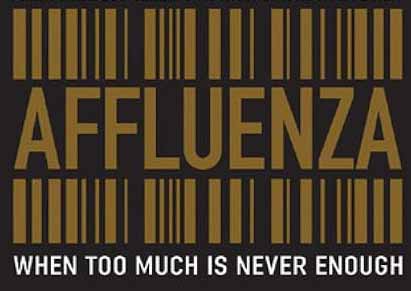As Ingrid Robeyns’ Limitarianism book hits the Australian bookshops, an earlier examination of the role of excessive profits of “affluenza” from 2005 is worth considering. How does this relate to occupational health and safety (OHS)? The prevention of harm and the reduction of risk are determined by employers deciding on what they are prepared to spend on their workers’ safety, health, and welfare. Employers are looking desperately for effective ways to meet their new psychosocial harm prevention duties. Economists identified strategies in 2005.
Category: productivity
Purposeful or lazy discussion of Right-To-Disconnect and Working-From-Home?
There is a curious development in the current discussion in Australia about the newly introduced Right-To-Disconnect (RTD). Many are conflating RTD with Working From Home (WFH) – two separate but slightly overlapping changes to the world of work – which is impeding valid and necessary discussion.
Working From Home largely emerged as a response to the coronavirus pandemic and used flimsy work structures to provide business continuity. The WFH arrangements would have been unlikely to have been so widespread without the federal government’s investment in the National Broadband Network and the commercial growth in mobile phone communication infrastructure. However, that same infrastructure and investment have contributed to the problem that Right-To-Disconnect is intended to address.
More management myths busted
Occupational health and safety (OHS) is rife with ideas that refuse to die even though they are not supported by evidence. OHS management is dominated by a belief that Executive Leadership is either the answer or the first place to start change. Leadership and OHS are dangerously intertwined. Perhaps an assessment of Zombie Leadership is required. Some recent Australian research will help.
Right-To-Disconnect changes need a strategy for acceptance
On February 11, 2024, the Insiders program had a curious discussion on the Right-To-Disconnect. Different generational perspectives, industry perspectives, and a curious denial were present.
Last week, the Australian Parliament passed workplace relations legislation that included a Right-To-Disconnect.
Insiders’ host, David Speers, asked Jacob Greber of the Australian Financial Review to explain the probable workplace changes (it was a poor summary):
An industrial relations perspective on psychosocial hazards
The prevention of workplace psychosocial hazards will be an increasing issue of concern and debate in 2024 as more Australian jurisdictions re-emphasize the application of occupational health and safety (OHS) laws to this insidious hazard. That debate requires a broad range of voices to better understand prevention strategies and to assess existing strategies that have failed or impeded progress. Emeritus Professor Michael Quinlan is one such voice, especially in his recent article, “Psychosocial Hazards: An Overview and Industrial Relations Perspective”.
[Note this article discusses work-related suicide]
Work From Home conflict between corporate desire and worker reality
The working-from-home (WFH) debate continues in business newspapers with tension about what the employer and worker want. The Australian Financial Review (AFR) has its regular voices from business groups saying that it is damaging productivity for workers to be away from the offices as much as they are, but also reporting the lived experience of working from home with workers identifying positive social and familial benefits.
On November 25, 2023, the newspaper confirmed that Amazon Australia is using career progression as a nudge for workers to come to the offices more frequently.
How to determine the usefulness of what you read
Many employers are continuing to pimp up their well-being programs and employer benefits with the intention of managing mental health pressures. This is often based on advice from multinational business advisory and consulting firms in the form of trend surveys and reports about business attitudes, fears and concerns. A recent report from Mercer was the basis for an article in the Australian Financial Review (AFR, paywalled) written by Euan Black. It is instructive to subject the article and the Mercer report to a little scrutiny to determine their usefulness.







